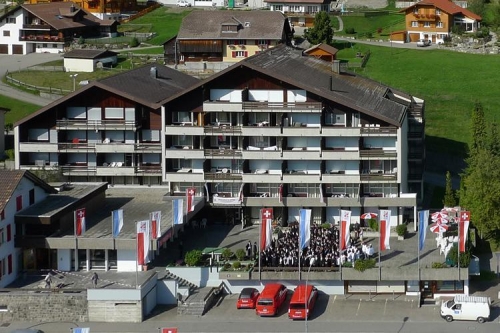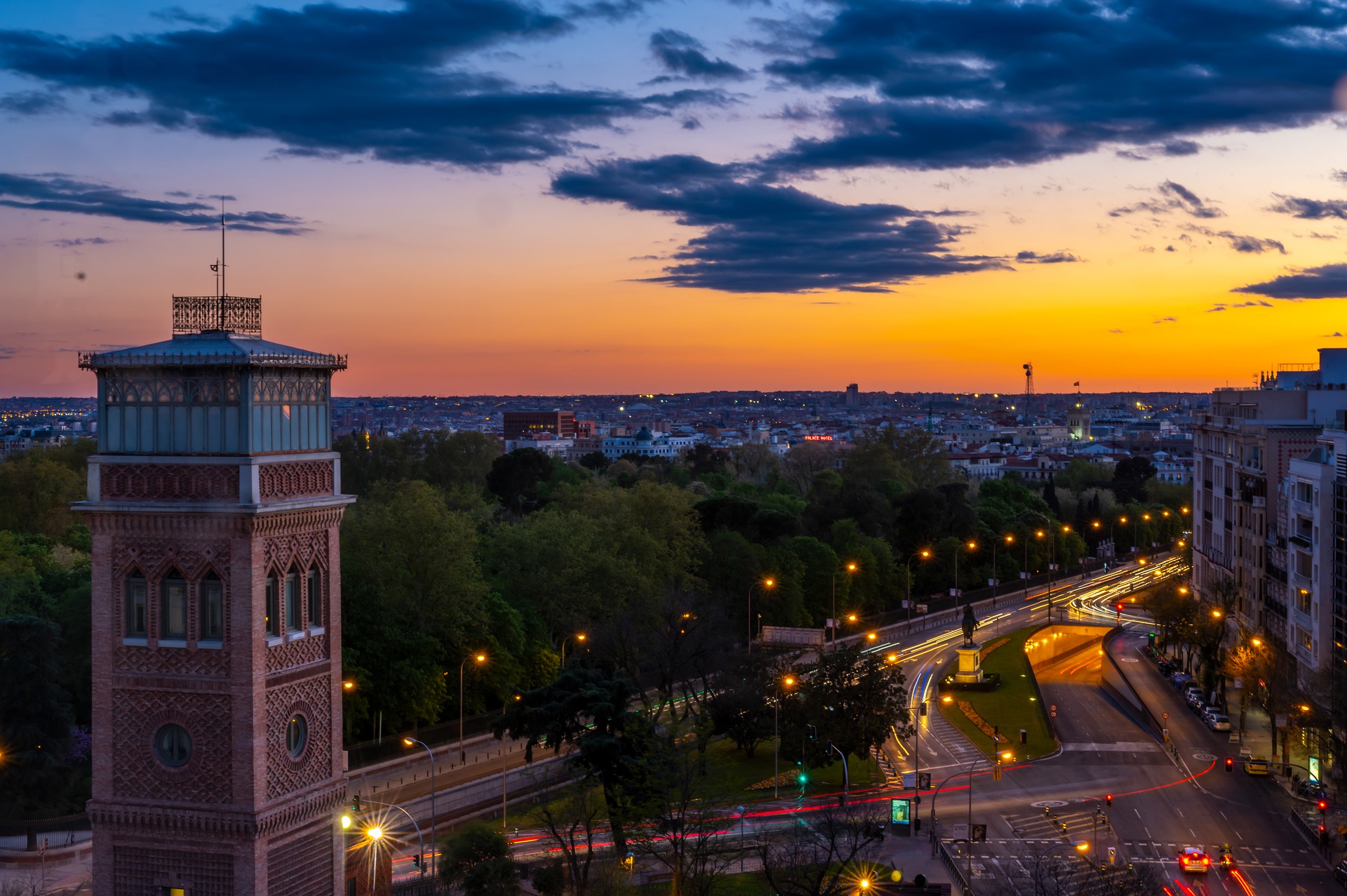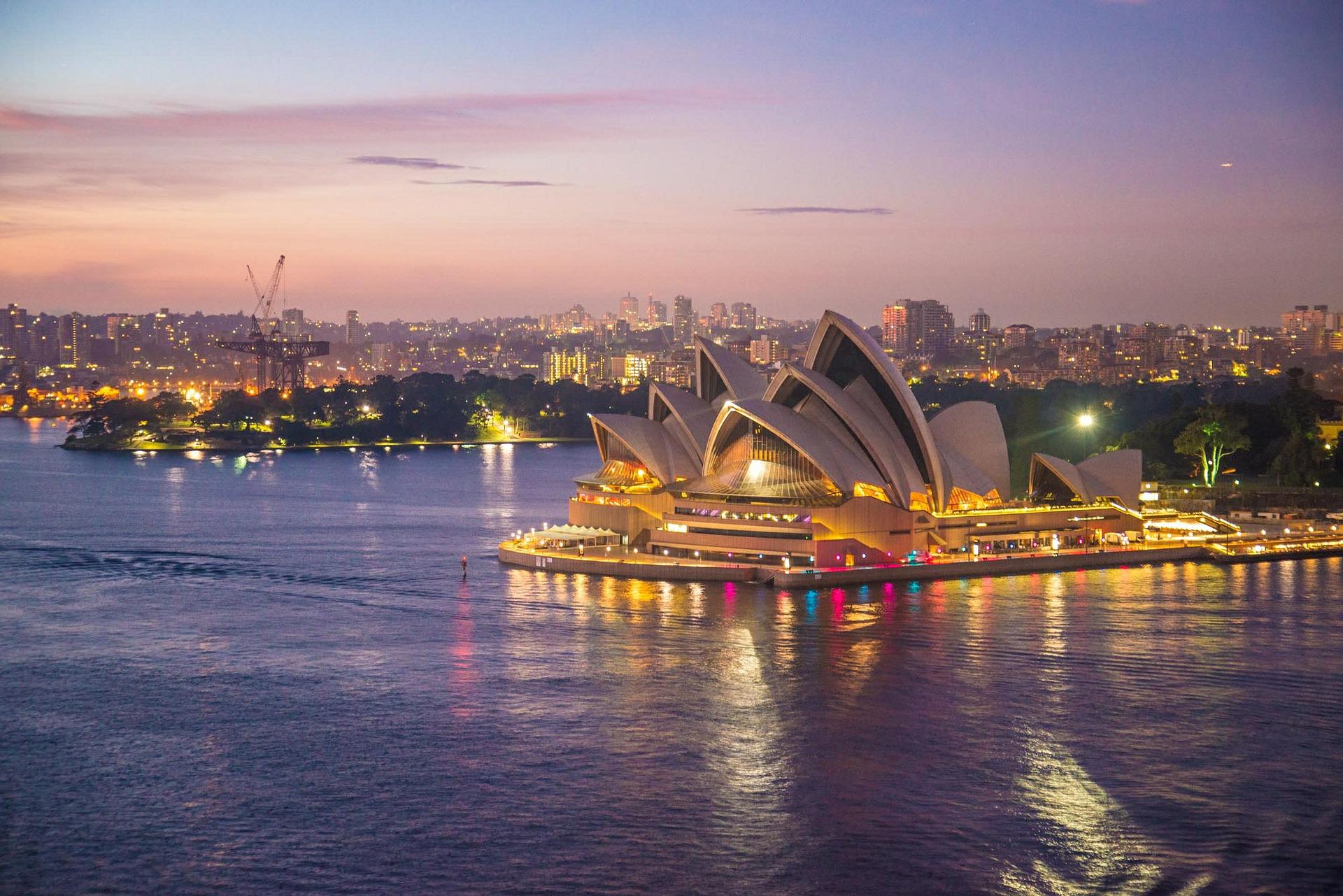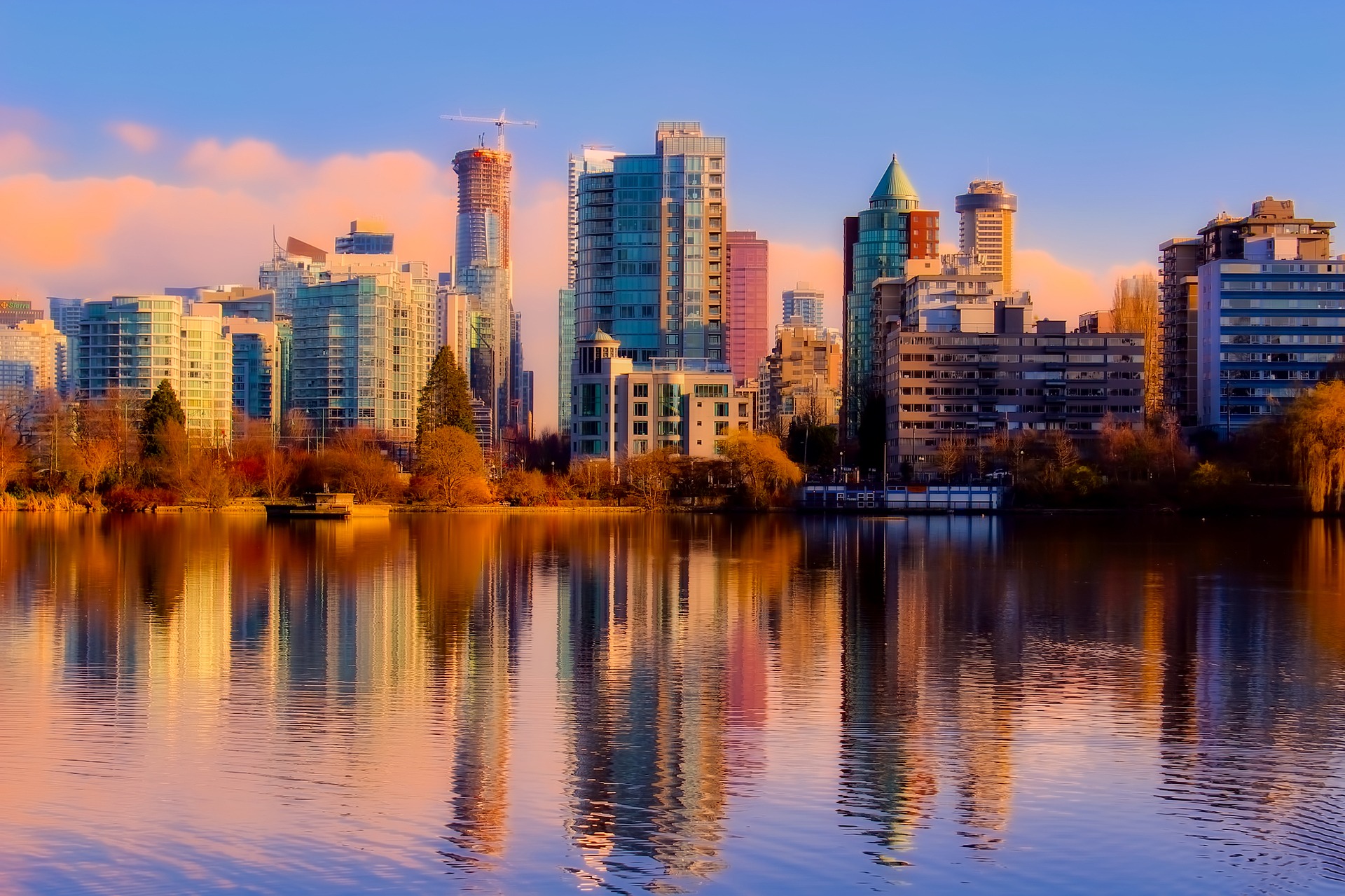
SWITZERLAND
Bern
Introducing SWITZERLAND
Currency
Swiss francs
Languages
Swiss German
Time Zone
27/07/24
02:11 AM
A defensive alliance between three cantons led to the
creation of the Swiss Confederation in 1291. Other towns and cities joined the
first three in subsequent years. In 1499, the Swiss Confederation won its
freedom from the Holy Roman Empire. The confederation was replaced by a centralized
federal government under a constitution from 1848 that was later amended in
1874 to allow citizens to introduce referenda on proposed laws. Switzerland was
not a participant in either of the two world wars, and its sovereignty and
neutrality have long been respected by the major European nations. Switzerland's
relationships with its neighbours have been stronger as a result of the
political and economic integration of Europe over the past 50 years, as well as
Switzerland's participation in numerous UN and international organizations. However,
the nation did not formally join the UN until 2002. Switzerland continues to
participate actively in several UN and international organizations while firmly
upholding its neutrality.
Central Europe, east of France, north of Italy
total: 41,277 sq km land: 39,997 sq km water: 1,280 sq km
temperate, but varies with altitude; cold, cloudy, rainy/snowy winters; cool to warm, cloudy, humid summers with occasional showers
8,508,698 (2022 est.)
Switzerland, a neutral nation, has one of the highest GDP
per capita rates in the world, a successful and modern market economy, and low
unemployment. The financial sector, which dominates the country's service
sector, as well as a manufacturing sector that focuses on high-tech,
knowledge-based output are both major contributors to Switzerland's thriving
economy. One of the most competitive economies in the world, Switzerland also
benefits from political and economic stability, an open legal system,
first-rate infrastructure, effective capital markets, and low corporation tax
rates. To acquire access to the Single Market and boost their nation's
competitiveness abroad, the Swiss have essentially brought their economic practices
into compliance with EU standards. However, some trade protectionism still
exists, especially for its little agriculture industry. The future of the Swiss
economy is closely tied to that of its Eurozone neighbours, who buy half of its
exports. Switzerland entered a recession in 2009 as a result of the global
financial crisis that began in 2008 and the subsequent economic downturn. To
stimulate the economy and stop the franc from appreciating during this time,
the Swiss National Bank (SNB) adopted a policy of zero interest rates, and in
2010 Switzerland's economy started to recover. However, the deepening sovereign
debt crisis in neighbouring euro-zone nations together with the
unpredictability of the economy of Russia and other Eastern European nations
increased demand for the Swiss franc among investors looking for a haven
currency. Following the SNB's decision to break the Swiss franc's peg to the
euro in January 2015, which shook up the world's currency markets, aggressive SNB
intervention has become a crucial component of modern Swiss monetary policy. Parliamentarians
have pushed the independent SNB to do more to devalue the currency, even though
it has retained its zero interest rate policy and carried out significant
market interventions to stop further Swiss franc appreciation. The strength of
the franc has hurt Switzerland's prospects for growth and made exports less
competitive; from 2011 to 2017, GDP growth was below 2% annually. Switzerland
has agreed to abide by OECD rules on administrative assistance in tax concerns,
including tax evasion, in response to growing pressure from trading partners
and neighbouring nations to modify its banking secrecy laws. To adopt OECD
principles, the Swiss government also revised its double taxation agreements
with several nations, including the US.
Swiss
Swiss 69.2%, German 4.2%, Italian 3.2%, Portuguese 2.5%, French 2.1%, Kosovo 1.1%, Turkish 1%, other 16.7% (2020 est.)
2.31% (2019 est.) 2.55% (2018 est.) country comparison to the world: 25
German (or Swiss German) (official) 62.1%, French (official) 22.8%, Italian (official) 8%, English 5.7%, Portuguese 3.5%, Albanian 3.3%, Serbo-Croatian 2.3%, Spanish 2.3%, Romansh (official) 0.5%, other 7.9%; note - German, French, Italian, and Romansh are all national and official languages; shares sum to more than 100
Roman Catholic 34.4%, Protestant 22.5%, other Christian 5.7%, Muslim 5.4%, other 1.5%, none 29.4%, unspecified 1.1% (2020 est.)
0-14 years: 15.34% (male 664,255/female 625,252) 15-24 years: 10.39% (male 446,196/female 426,708) 25-54 years: 42.05% (male 1,768,245/female 1,765,941) 55-64 years: 13.48% (male 569,717/female 563,482) 65 years and over: 18.73% (2020 est.) (male 699,750/female 874,448)
avalanches, landslides; flash floods
$590.71 billion (2020 est.) $608.16 billion (2019 est.) $601.65 billion (2018 est.) note: data are in 2017 dollars country comparison to the world: 35
1.11% (2019 est.) 3.04% (2018 est.) 1.65% (2017 est.) country comparison to the world: 169
$68,400 (2020 est.) $70,900 (2019 est.) $70,700 (2018 est.) note: data are in 2017 dollars country comparison to the world: 11
$731.502 billion (2019 est.)






